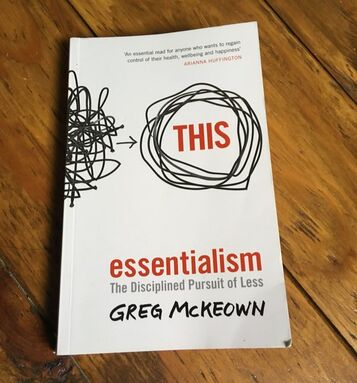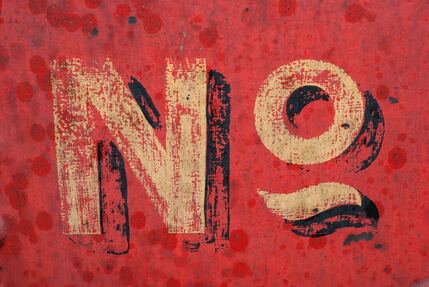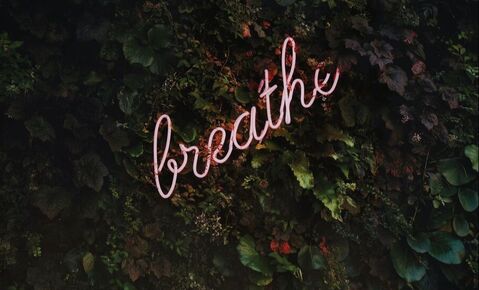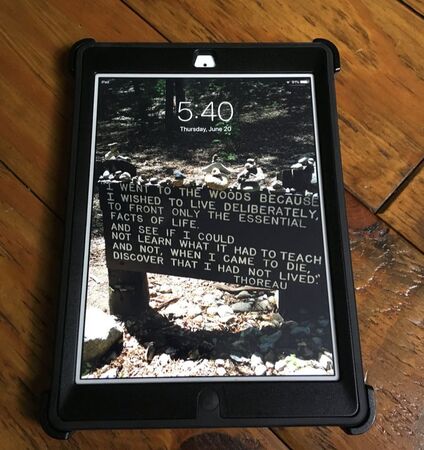|
In my last post, I talked about self-defining minimalism in relation to our stuff. Click here for part one of this series. A few months ago, one of my clients asked me if I had heard about the “slow living” movement, and what my thoughts were. Admittedly, I didn’t know much about it, and pictured an off-the-grid homestead. Boy, was I wrong! It’s not about going back to primitive technology, but about taking a “less is more” approach to everyday life. I’ve come to realize that people are interested in these ideas because we have so many choices, our schedules are overstuffed with commitments and to-do’s, and many feel there’s little time for much else. There seems to be social pressure to constantly keep doing more: the busier the better, and you really can have and do it all (a myth!). My curiosity lead me to Essentialism: The Disciplined Pursuit of Less by Greg McKeown. Throughout the book, he talks about the power of choice, encourages the reader to evaluate and explore each opportunity that comes our way, eliminate excess, and understand the reality of trade-offs. Here are my takeaways, which are related to universal time management principles: Get clear on how you want your day to day life to look. The clearer you can be about what’s best for you, the better informed your decisions when new opportunities pop up. McKeown suggests “we are looking for our highest level of contribution: the right thing the right way at the right time (22).” We’re reminded of the trade-off: saying “yes” to something means saying “no” to something else. What are you good at? What inspires you? What makes you feel energized and happy? Learn how to say "no." This is hard for many of us, and likely how we wind up doing more than we’d like. Many times we say “yes” not because we want to, but out of a feeling of obligation, guilt, and fear of the consequence if we say “no.” McKeown suggests that we “learn to say no firmly, resolutely, yet gracefully,” and that “people respect and admire those with the courage of conviction to say no (136).” When we’re clear on what we’d like our lifestyle to look like, it’s easier to say no to opportunities that don’t quite line up. Also, practice helps build confidence - the more you do it, the easier it will be. Develop a self-care routine Sometimes we need to say no without saying yes to something else, so that we have unstructured time to just “be,” practice some self-care, and recharge. In the chapter titled “Sleep,” the author says, “the best asset we have for making a contribution to the world is ourselves. If we underinvest in ourselves…we damage the very tool we need to make our highest contribution (94).” I agree that sleep is important for recharging and feeling alert, and I think there are other parts to self-care that are important as well. Regular exercise, catching up with friends and family, fresh air, and time to craft or read are activities that make me feel recharged and ready to keep moving along. Scheduling a minimum of 30 minutes a day for a personal routine feels like a reasonable amount of time for most. It’s amazing how carving out just a little space and setting boundaries in this way creates a better sense of well-being! Try to limit screen time With 24/7 access to the internet, there’s constant noise and information overload at our fingertips, and it can be draining. The constant scrolling and staring at our screens can be numbing. I admit, it’s really hard to ignore my e-mail sometimes, and I worry that I’m going to miss an important call if my phone isn’t nearby. Studies have shown that more screen time = more stress. At our house, we put away screens for meal times and at least an hour before bed. This opens up time for great conversation, stretching, reading, crafting, time for friends and family, and more restful sleep. I’ve tried one screen-free day a week for the past month - it’s truly been life-changing, and has allowed me to be more present in my day-to-day life. And as always, it’s not about striving for perfection - inevitably, circumstances pop up that need to be tended to. I think it’s important to recognize if a commitment feels like a burden, either see it through or pass it along to someone else, and learn from the experience. Sure, we have to do things we really don’t want to, like taxes, but the key is to find balance in our day to day lives. Have you made any adjustments to your schedule lately? Do you feel more at ease from the change or stretched too thin? I’d love to hear from you! SourcesDunckley, Victoria L. “Screens and the Stress Response.” Psychology Today, Sussex Publishers, 2012, www.psychologytoday.com/us/blog/mental-wealth/201211/screens-and-the-stress-response.
McKeown, Greg. Essentialism: The Disciplined Pursuit of Less. Virgin Books, 2014.
0 Comments
|
Archives
February 2021
Categories |
|
Elena DaFonte Professional Organizer, East Providence, RI e-mail: elena@simplelivingstrategies.com phone: (617) 930-0577 hours: Monday - Friday, 8am - 5pm |
©2024 Elena DaFonte




 RSS Feed
RSS Feed
